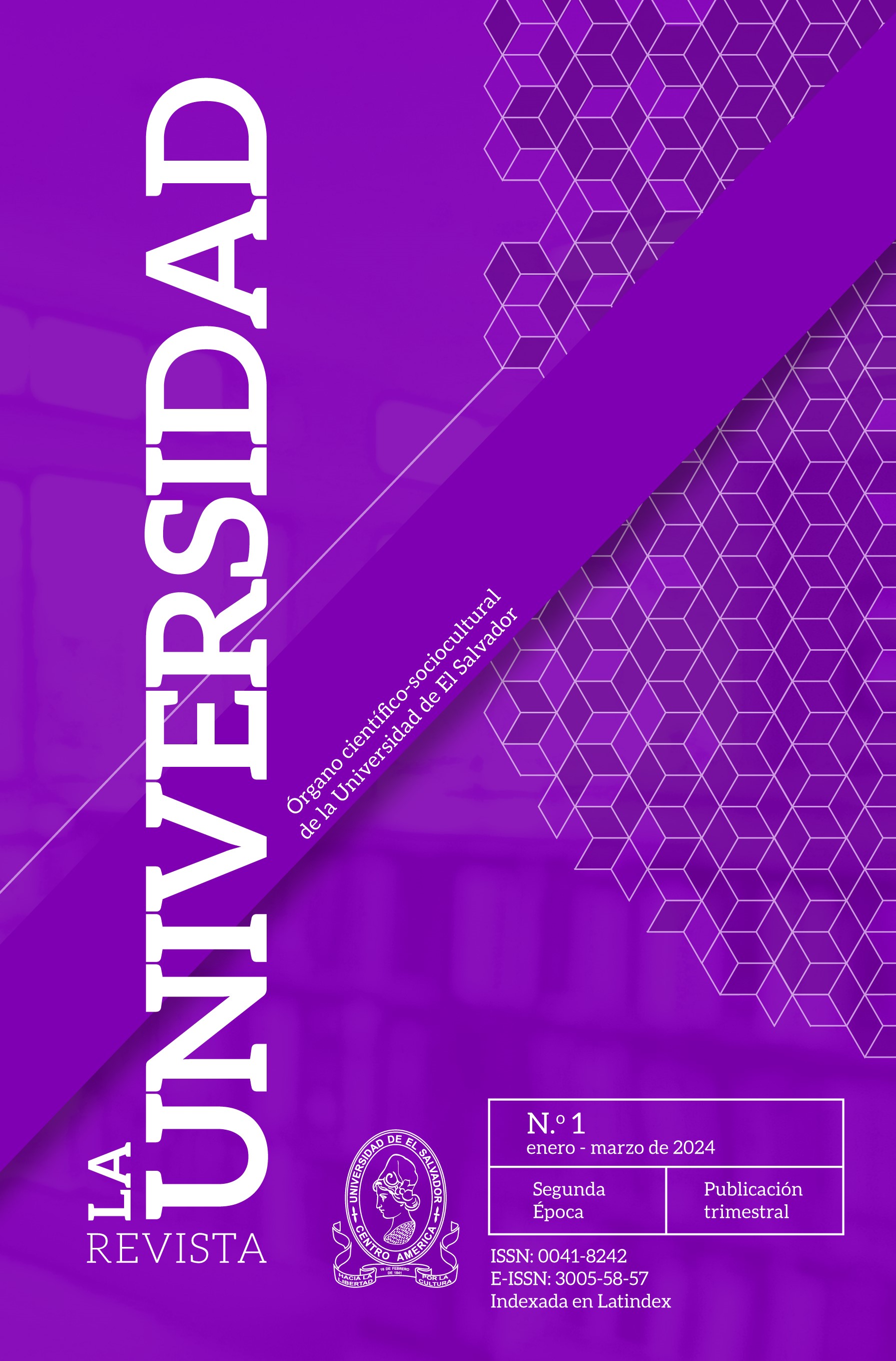Community resilience plan in Consolación del Sur
Contributions from the university
Keywords:
community resilience, action plan, vulnerabilitiesAbstract
In the current context of accelerating climate change and population growth, the current trend of large and frequent disasters is expected to increase in the near future. To mitigate this trend, increasing Disaster Resilience is essential to reduce the potential impact of humanitarian crises on the poorest communities that are disproportionately affected by these disasters and further exacerbate in the current times of the COVID-19 pandemic. South with the participation of all factors from the university. For this, workshops were developed in the most vulnerable communities to diagnose the main vulnerabilities, interviews; surveys and observation were carried out to perfect the action plan. All this has contributed to the understanding from Popular Environmental Education of a systemic and integrative vision of environmental problems and the prospective capacity to visualize sustainable future situations and scenarios based on resilience actions to mitigate the effects of climate change through the transformation of the modes of action of the population.
Downloads
References
Referencias
Casimiro Rodríguez, L., Casimiro González, J. A., Suárez Hernández, J., Martín Martín, (2021). Comunidad. Cómo construir la Resiliencia Comunitaria. Soluciones prácticas de Cuba. Pastos y Forrajes, 43(4), 304-314.
CITMA. (2021). Estrategia Municipal Ambiental 2021-2030 (EMA). (2021). Ministerio de Ciencia, Tecnología y Medio Ambiente. Cuba.
Diario El Correo, S.A. (2020). Resiliencia en tiempos de coronavirus. Sociedad. Buenos Aires: Paidós.
G. J., Navarro Boulandier, M., y Rodríguez Delgado, I. (2020). Evaluación de la Resiliencia en la gestión local de riesgos de desastres. LUZ, 18(2), 42-52.
García Vesga, M. C. y Domínguez de la Ossa, E. (2013). Desarrollo teórico de la Resiliencia socioecológica en escenarios de agricultura familiar en cinco provincias.
Glosario de Términos del Sistema de la Defensa Civil. Cuba. (2017).
GOAL. Organización Humanitaria Internacional. (2015). Herramienta para medir la Resiliencia comunitaria ante desastres. Guía metodológica.
GOAL. Organización Humanitaria Internacional. (2019). La Resiliencia en el ámbito de Latinoamericano de Ciencias Sociales, Niñez y Juventud, 11 (1), pp. 63-77.
Hardy Casado, V., Cuevas Muñiz, A., y Gallardo Milanés, O. (2019). Aprendizaje y tiempos-coronavirus-20200328123139-nt.html
Marinero Orantes, E.A y García González, M. (2021). Gestión integral de riesgo de desastres en zonas volcánicas vulnerables: propuestas desde la capacitación. Revista Estudios del Desarrollo Social: Cuba y América Latina pp. 27-37 RPNS 2346 ISSN 2308-0132 Vol. 9, N.° 3, Septiembre-Diciembre, 2021.
Suárez, E. N. & Melillo, A. (2005). Resiliencia: Descubriendo las propias fortalezas.
Twigg, John. (2007). Características de una Comunidad Resiliente ante Desastres: Nota Guía. Unipersonal. Versión 1, Inglaterra, 2007.
Downloads
Published
Issue
Section
License
Copyright (c) 2024 Authors who publish in Revista La Universidad agree to the following terms: Authors continue as owners of their works, non-exclusively assigning dissemination rights to La Universidad Journal under the standards of the Attribution-NonCommercial-ShareAlike License: CC BY-NC-SA 4.0. This license allows the use of a work to create another work or content, modifying or not the original work, as long as the author is cited, the resulting work is shared under the same type of license and has no commercial purposes(https://creativecommons.org/licenses/by-nc-sa/4.0/deed.es).

This work is licensed under a Creative Commons Attribution-NonCommercial-ShareAlike 4.0 International License.





